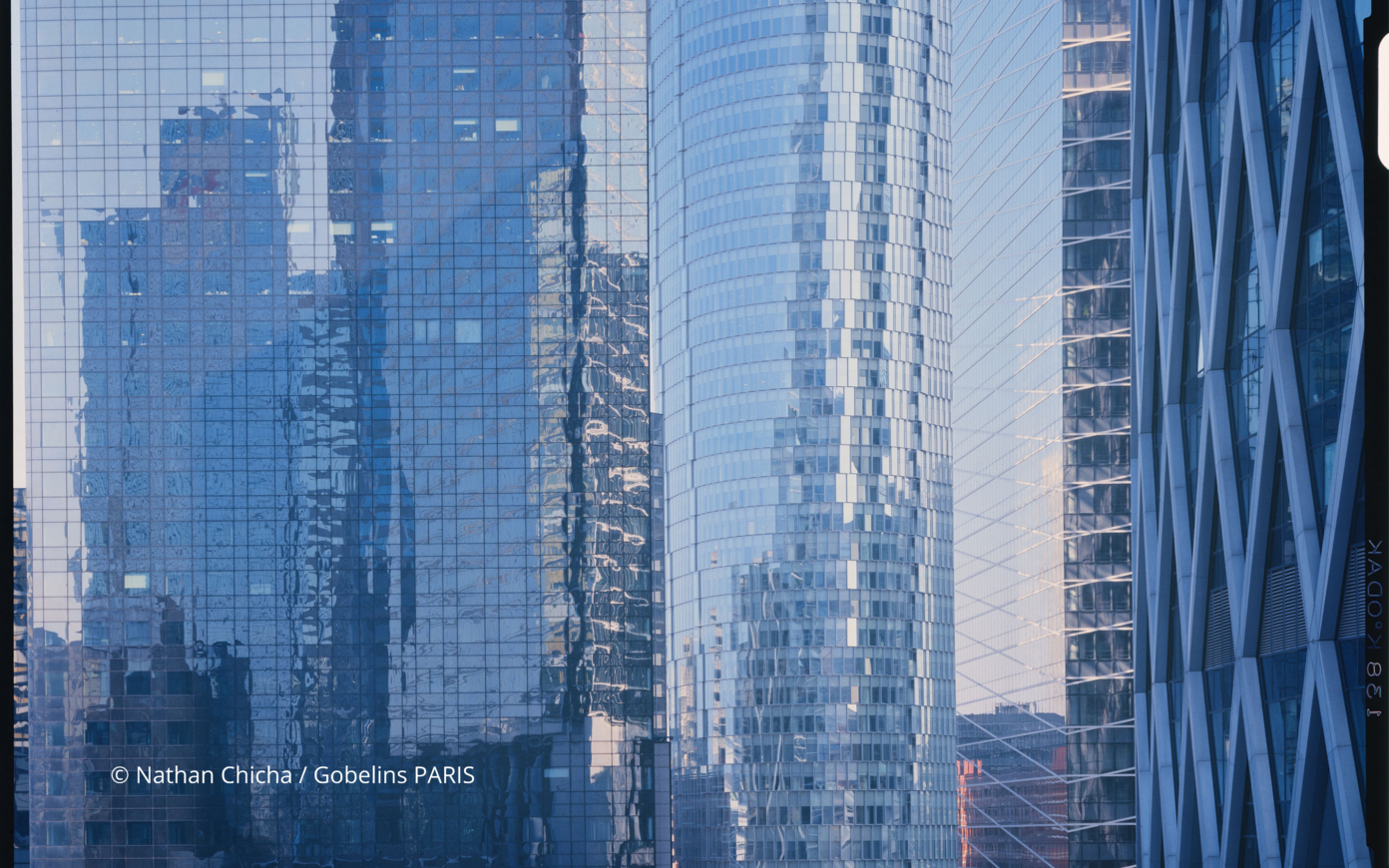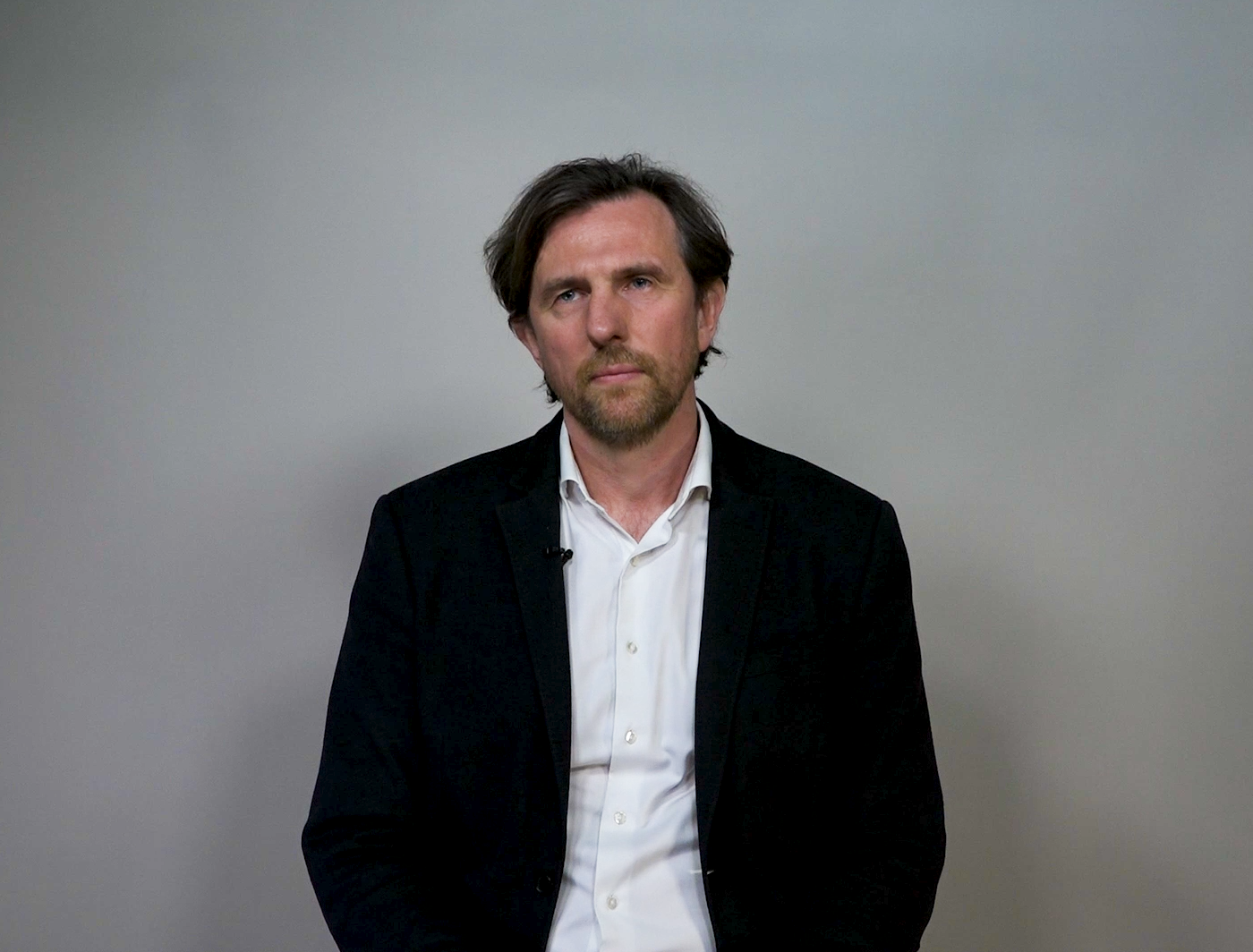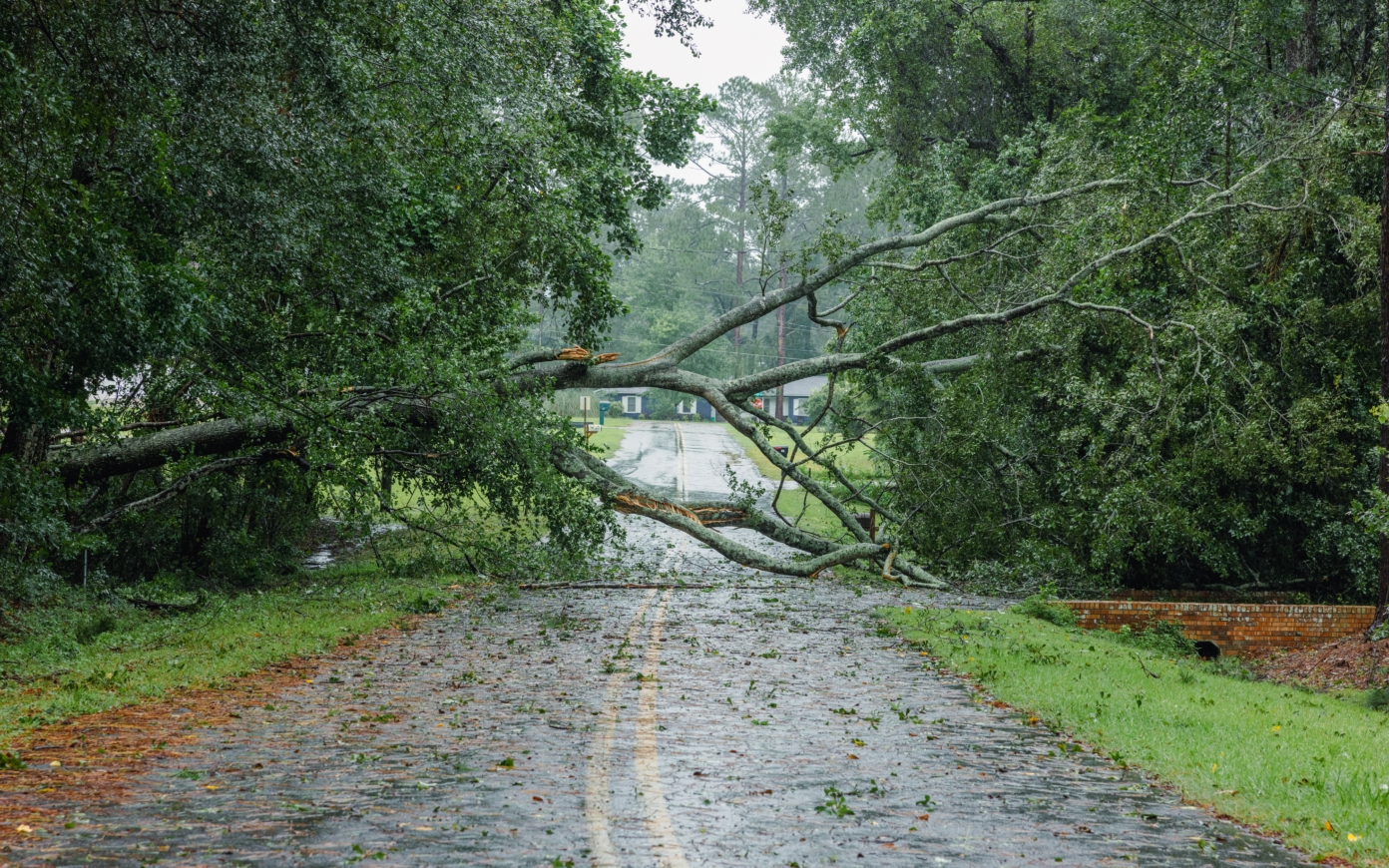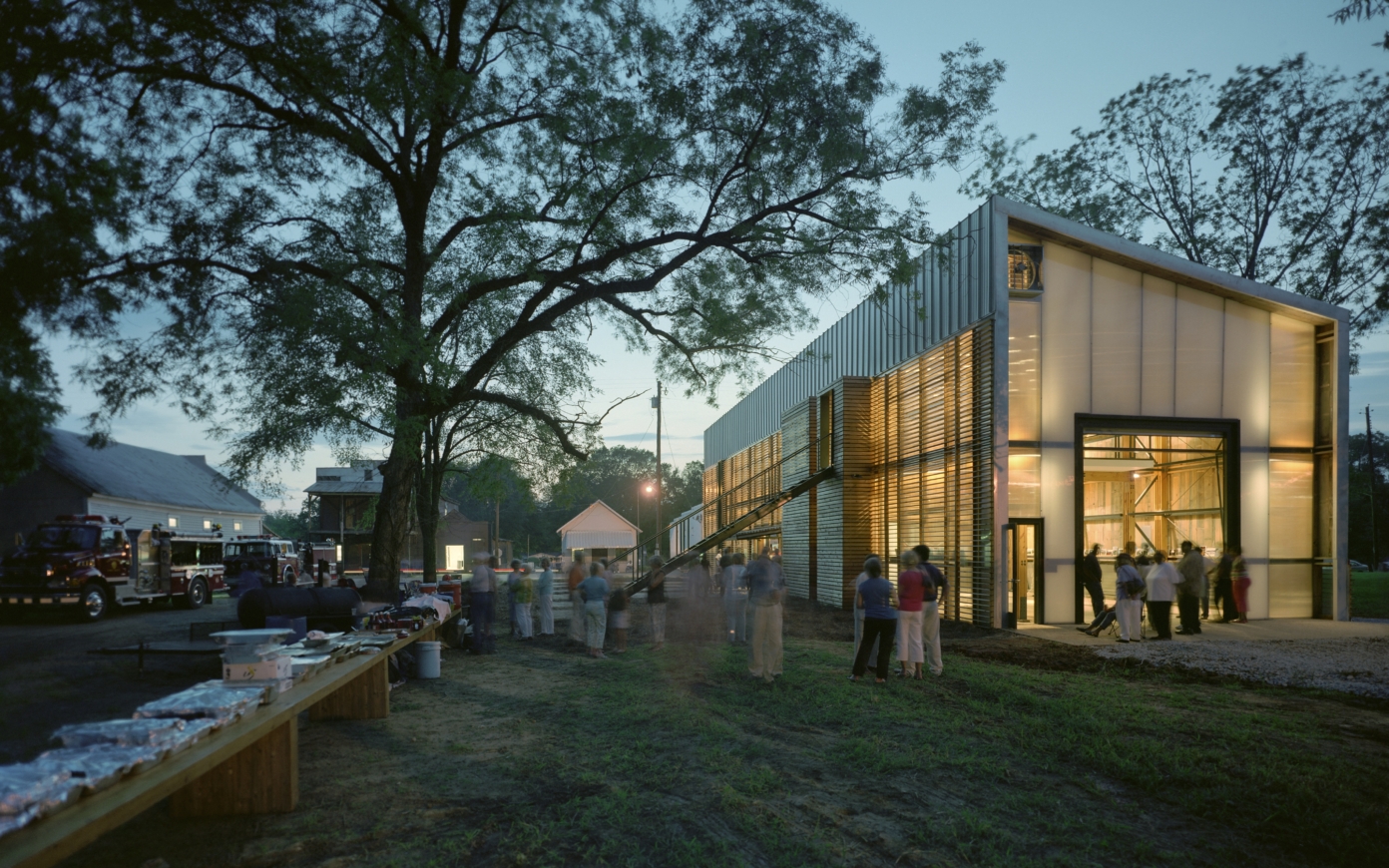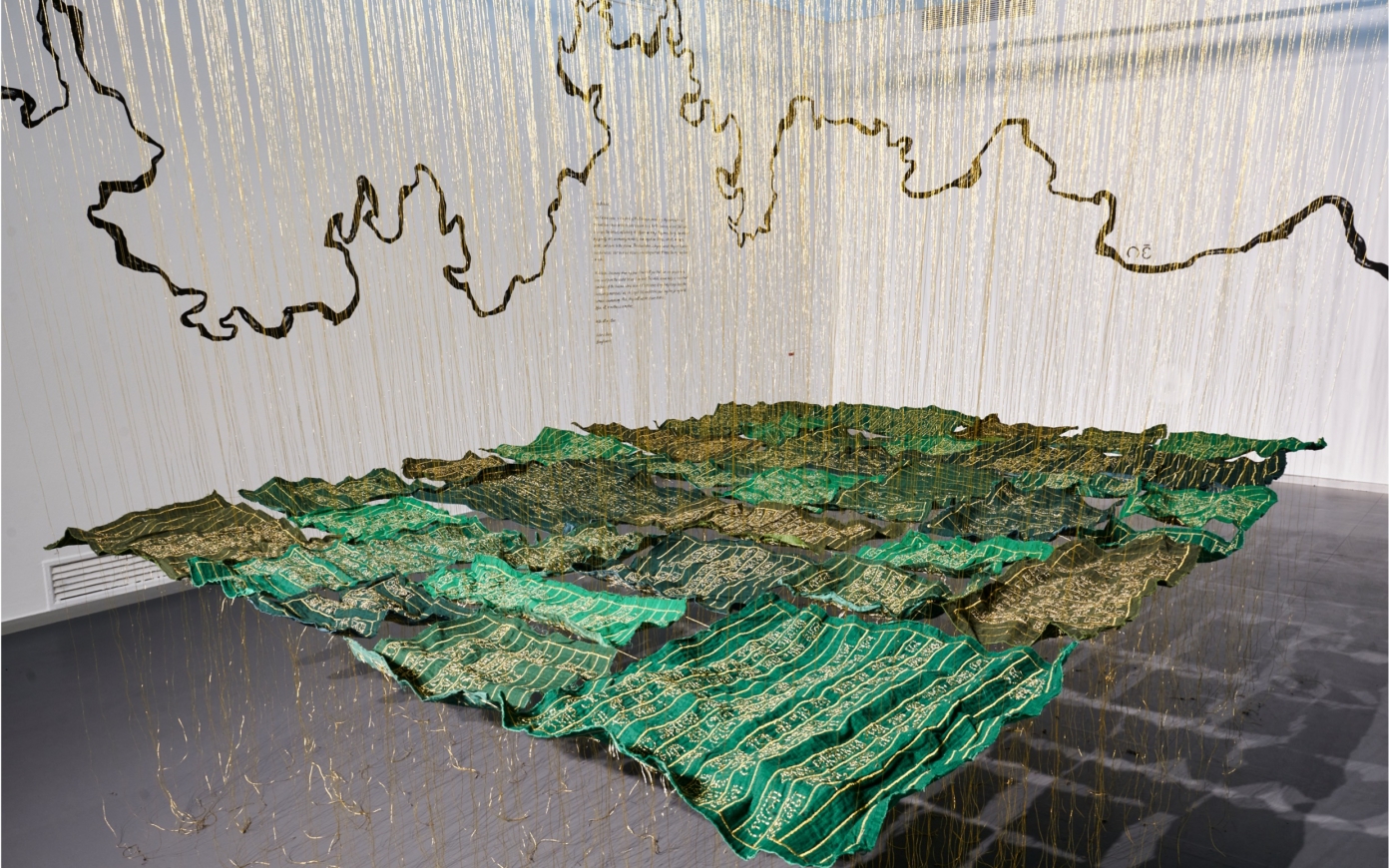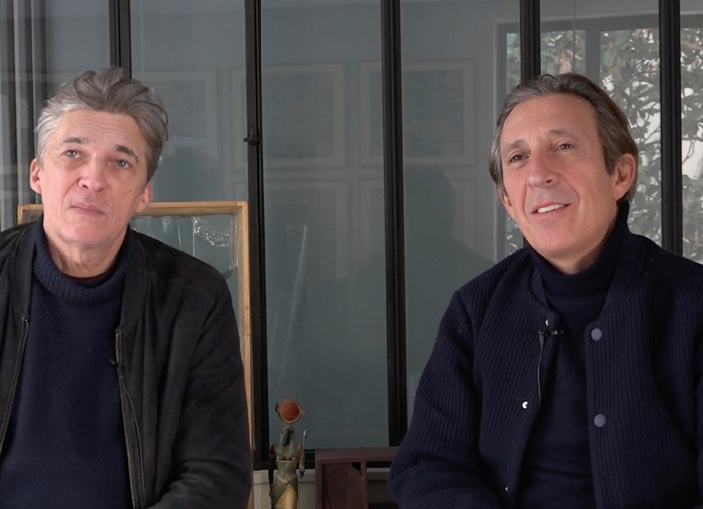Building for the living
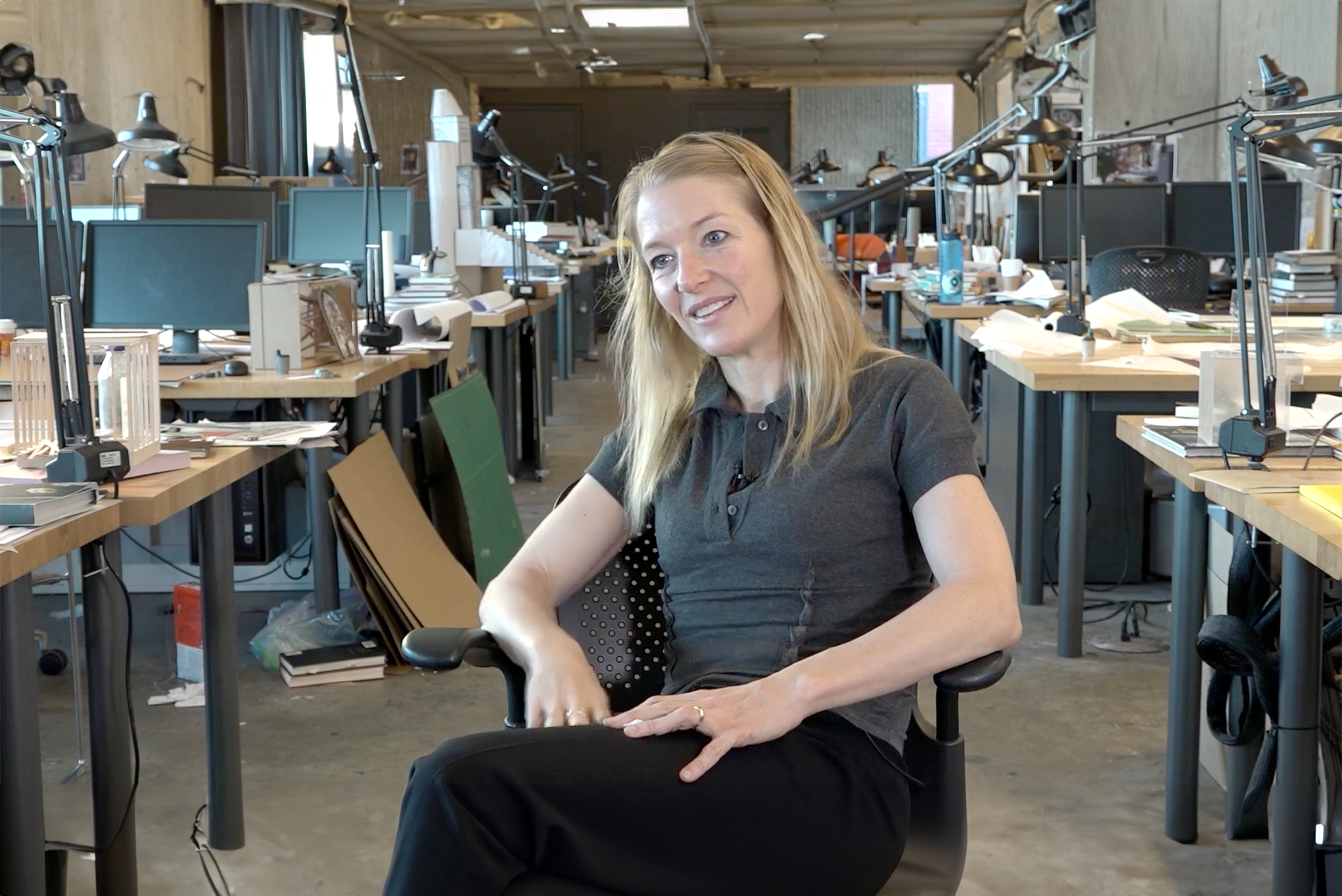
- Publish On 18 January 2022
- Ariane Lourie Harrison
- 4 minutes
Criticizing architecture’s anthropocentrism, Ariane Lourie Harrison expands on the concept of a post-human architecture, which she teaches at Yale. An interactive architecture thus arises, putting technology at the service of a “new nature” so that façades can provide refuge to birds and pollinators.

